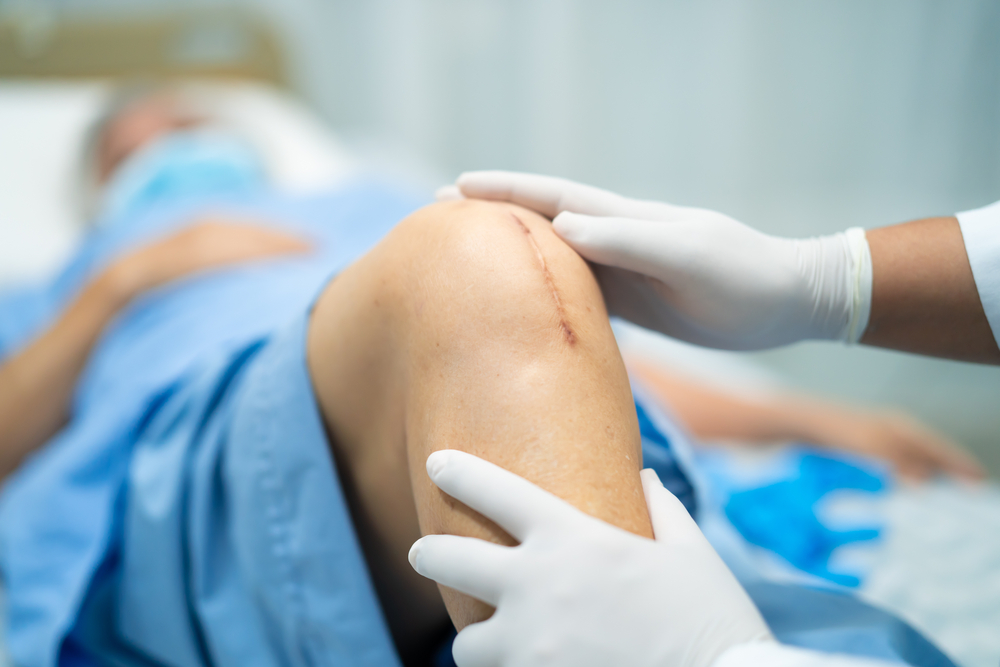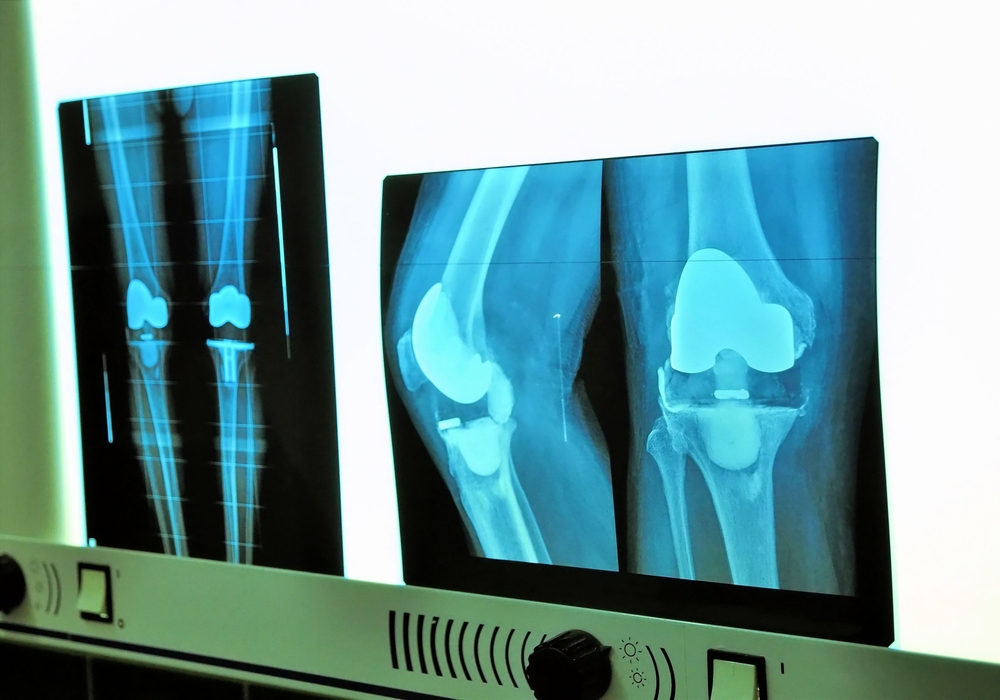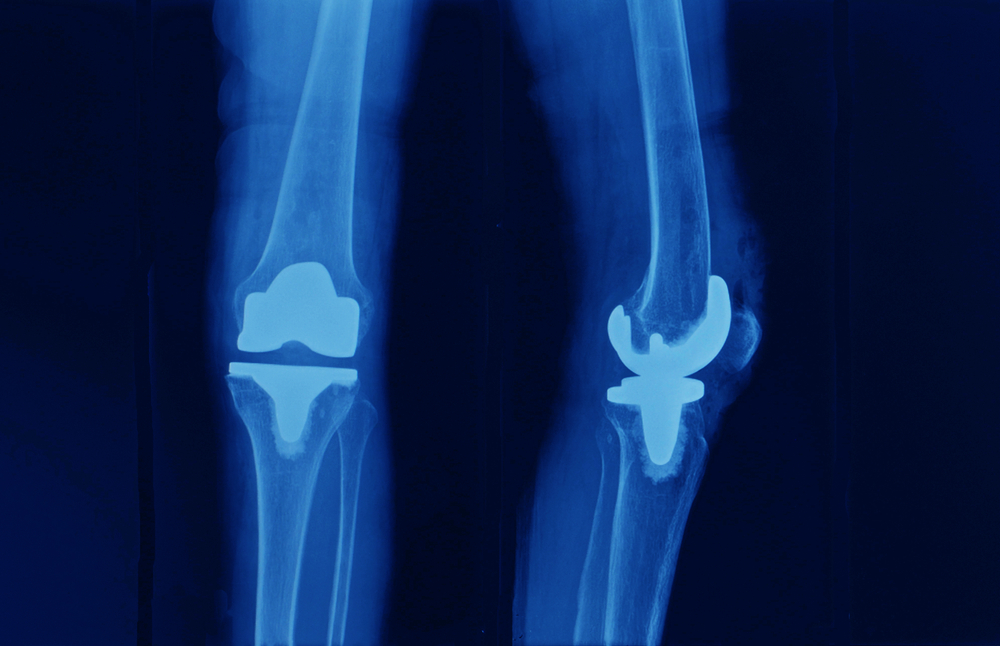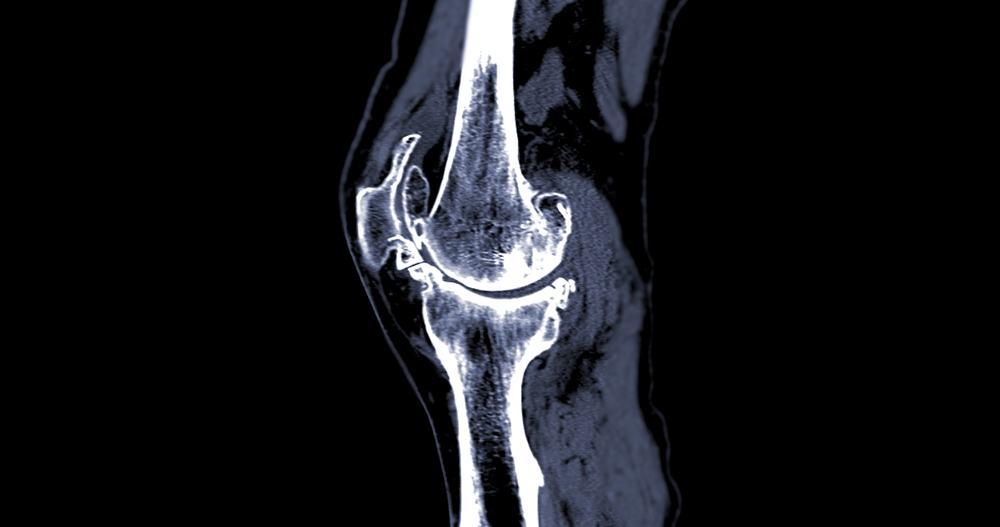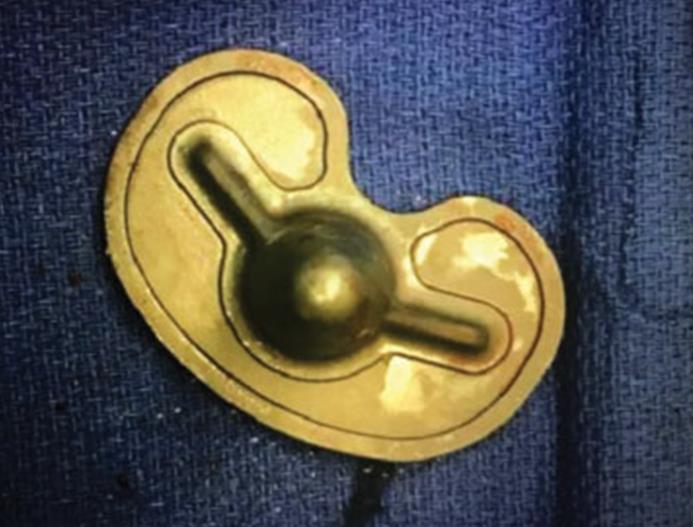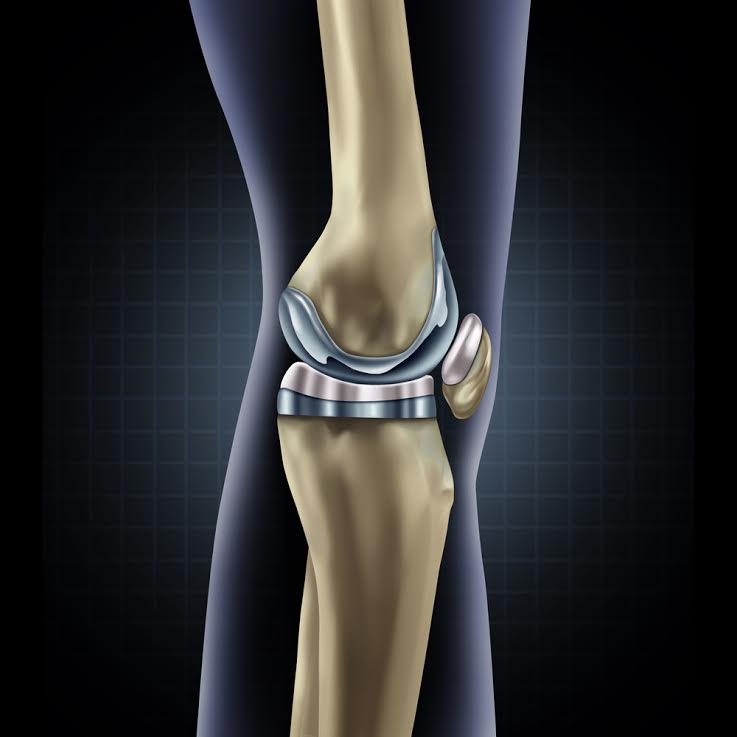Most knee implants allow patients to resume activities they have not been able to participate in due to knee pain. Knee implants can generally improve the quality of life for a patient, however, for various reasons implants may fail. That may require a knee implant revision, which is a more complicated procedure than the original surgery.
Reasons for Knee Implant Revisions
The following are among the most common reasons patients may require a knee implant revision:
- Infection
- Fractures
- Implant loosening near the bone
- Tibial debonding
- Instability
A doctor determines the condition causing the knee issues via a series of tests, including X-rays, bone scans, MRIs, and CT scans. Blood tests reveal whether an infection is present or the doctor may aspirate fluid from the knee and send the sample to a laboratory to determine the presence of infection.
What is the Procedure for a Knee Implant Revision?
In a knee implant revision surgery, the surgeon removing the implant must take care to remove as little bone as possible. Over time, the implant grows into the bone and once the implant is removed, there is usually less bone left. That means a bone graft may be necessary. The bone for the grafting comes from either the patient, requiring surgery on another part of the body, or from a donor. Not only does a bone graft help support the new implant, but it also aids the development of new growth.
A knee implant revision occurs during two separate procedures. First, the original implant is removed and replaced temporarily with a spacer. This block, made of plastic and cement, is treated with antibiotics to prevent infection.
Approximately six weeks after the first surgery, the doctor completes the second surgery. In this operation, the surgeon removes the spacer and puts in a new implant as well as the bone graft. Wires and screws keep the implant fixed to the bone. Knee revision surgery requires a patient to remain in the hospital for at least several days before release.
What is the Recovery Process for a Knee Implant Revision Surgery?
Recovery from knee implant revision surgery is similar to recovery from the primary knee surgery. Patients must rely on a walker, cane, or another assistive device while recuperating, but it is important to get up and move. While many patients take longer to recover from revision surgery than their original implant, some recover more quickly. It is very much an individual situation.
Expect several months of physical therapy and prescriptions for blood thinner drugs to combat clot formation. The doctor may recommend wearing compression stockings or boots to reduce the risk of blood clots.
Side Effects and Complications
The most common side effect of a knee implant revision is loosening or the failure of the new implant, which may occur in as many as 15 percent of patients. A smaller percentage may experience implant dislocation.
Other possible complications include infection, deep vein thrombosis, limb length disparity, pulmonary embolism, bone tissue loss, fractures, nerve damage, and the formation of unwanted bone at the end of the femur. While most patients recover fully from knee implant revision surgery, their new knee may not work as well as the original implant.
Free Case Evaluation
Related Practice Areas
Knee Implant Lawsuits Attorneys
Recent Knee Implant Lawsuits News
Tibial debonding in knee replacements can cause implant loosening and require revision surgery. Learn how this complication occurs, its risks, and potential legal considerations for affected patients.
Aseptic loosening, the leading cause of knee replacement failure, can result in pain, reduced mobility, and revision surgery. Learn the causes, risks, and potential treatment options for affected patients.
Knee replacement base plate loosening can cause pain, stiffness, and instability, often requiring revision surgery. Learn how design, sizing, and manufacturer issues may impact implant longevity and patient outcomes.
A bone scan can help determine the condition of a knee joint or implant before replacement or revision surgery, offering surgeons critical diagnostic insights not always visible through standard imaging.
The first lawsuit over premature failure of the DePuy Attune knee implant has been filed, highlighting concerns about tibial base plate loosening and potential widespread complications among patients.
Knee replacement surgery can relieve pain and restore mobility, but some implants, including the DePuy Attune Knee System, have been linked to premature failure and complications requiring revision surgery.

